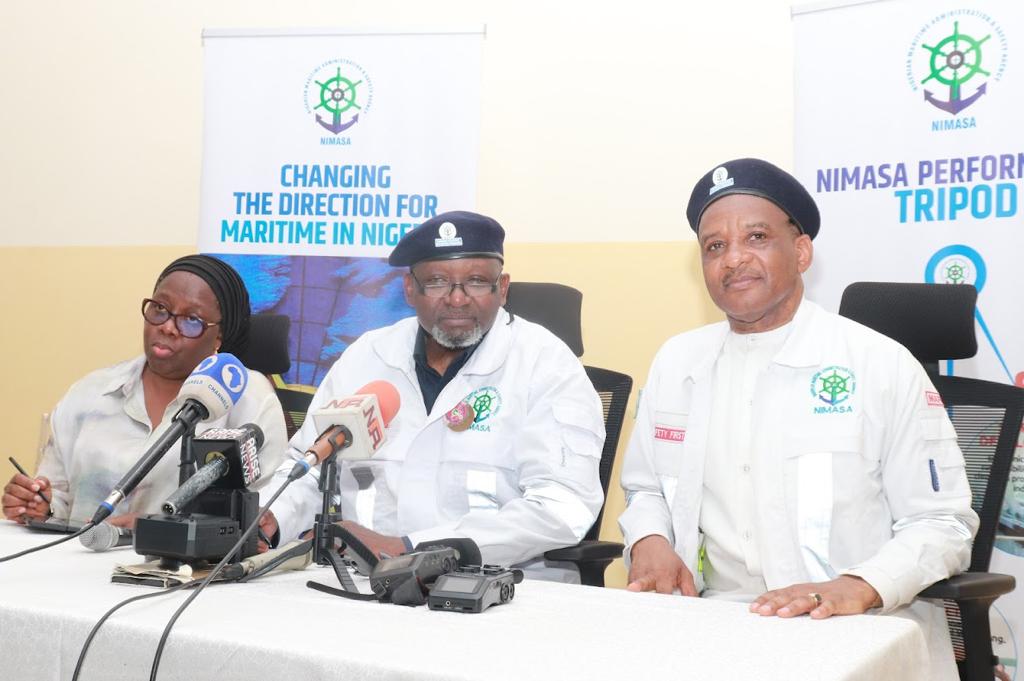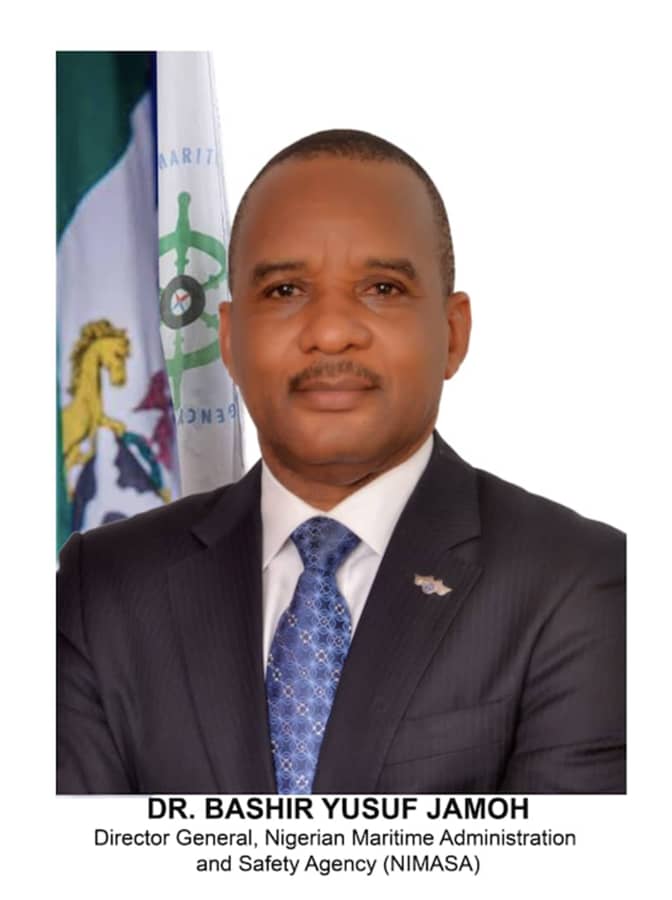More knocks are still trailing the strange introduction of Seaport Registration Fee for stakeholders and service providers operating at the nation’s seaports.
A number of operators who had been in the industry for years are complaining that at a time the same government is crusading ease of doing business at ports, it has come up with another policy to further aggravate the sufferings of business owners at the ports.
They discountenanced the reasons so far adduced by the Nigerian Shippers Council (NSC) which include helping the government in policy formulation and rid the sector of quackery, saying the single aim of the fee is to make money for the government when the same government is not serious in providing infrastructure and condusive operating environment at the ports.
Business Hilights recalls that the ports economic regulator, NSC had anchored its defence of introducing the fee on helping the government in policy formulation and rid the sector of quackery.
Stakeholders argued that if it is ridding the industry of quacks, fees cannot solve the problem because it is even the fake workers or operators will first rush and pay as a way of gaining cheap credence and then, deepen their fakery business at the ports.
On assisting the government in policy formulation, analysts argued that the money to be paid cannot be directly used by NSC because it will go straight to the Single Treasury Account of the government from where normal budgetary allocation due to the Council will be released.
Though the Director of Legal Services at the agency, Mr. Samuel Vongtau, claimed that “through the registration process, the Council would be able to know the number of service providers operating within the sector,” observers say no port operator is not known by the Council as before you access the port, there are profiles to look at which the Council had been with and regularly updated before now.
Vongtau had at a sensitisation workshop organised by NSC for ports service providers in Lagos, claimed that “Registration will bring sanity and reduce congestion at the port environment. Once the service providers are registered and known, the number of people entering the port will be reduced.
“Congestion will be reduced drastically as only the registered service providers will be given access to the port environment. This will lead to increased efficiency in service delivery.
“Knowing the players in the ports, in terms of numbers and types of businesses they are doing, financial projections will be made easy as experts would easily know what the sector can generate from the types and number of businesses,” he said.
NSC had towards the end of January, introduced registration fee for stakeholders and service providers operating at the nation’s seaports. The registration fee, which is to be paid by clearing agents, shipping companies, Indigenous Shippers, Inland container operators, terminal operators, offdock terminal operators is to help the council weed out touts and quacks from the industry.
Details of the fee payable by every sub-sector in the port business show that shipping line agencies are expected to pay a registration fee of N100, 000 per annum, cargo consolidators – N20,000; dry port operators – N50, 000; freight forwarders and clearing agents – N10, 000; hauliers – N10,000; Inland Container Depot operators – N50,000; off dock terminal operators – N20,000; Seaport terminal operators – N100, 000; shippers – N1,000; shippers association – N5,000; Stevedoring companies – N20,000, and warehouse operators – N20,000, with an annual registration of same fee.
Having studied the new fees, stakeholders said apart from further killing the ailing ease of doing business at ports, it would skyrocket the cost of doing business at the port which will further soar inflation as every importer would want to cover the entire cost of accessing his or her imported goods after all.
Many of the stakeholders who spoke to our correspondent queried how the money to be paid will resolve the two issues raised by the Council and called on the agency to drop the idea especially now the industry is facing serious lull due to state of port access roads which remains the duty of the government.
Port stakeholders also decried the rise in multiple taxation at ports from all other government agencies, including the Nigerian Port Authority (NPA), the Nigerian Maritime Administration and Safety Agency (NIMASA), Customs and the Council for the Regulation of Freight Forwarders in Nigeria (CRFFN), among others.
In his remarks, Vice Chairman, Freight Forwarders Trade Group, Lagos Chamber of Commerce and Industry (LCCI), Las Alli Shobande, urged the Council to focus more on its regulatory functions than revenue collection as there are so many charges already existing in the port. LCCI stressed that “We are already burdened with too many regulations; there is NIMASA, NPA, NCS, CRFFN and the rest of you. Try and streamline these charges. You should look at the process where it should be more of a regulation than revenue collection.”
Making his submission, former president of the Association of Registered Freight Forwarders in Nigeria (AREFFN), Frank Ukor, called for a downward review of the fee with an argument that “We say we want to reduce the cost of doing business at the port but with all these payment you want us to make are we increasing it or reducing it? Please reduce the payment for practitioners as we are already feeling the pains of various charges at the port,”








